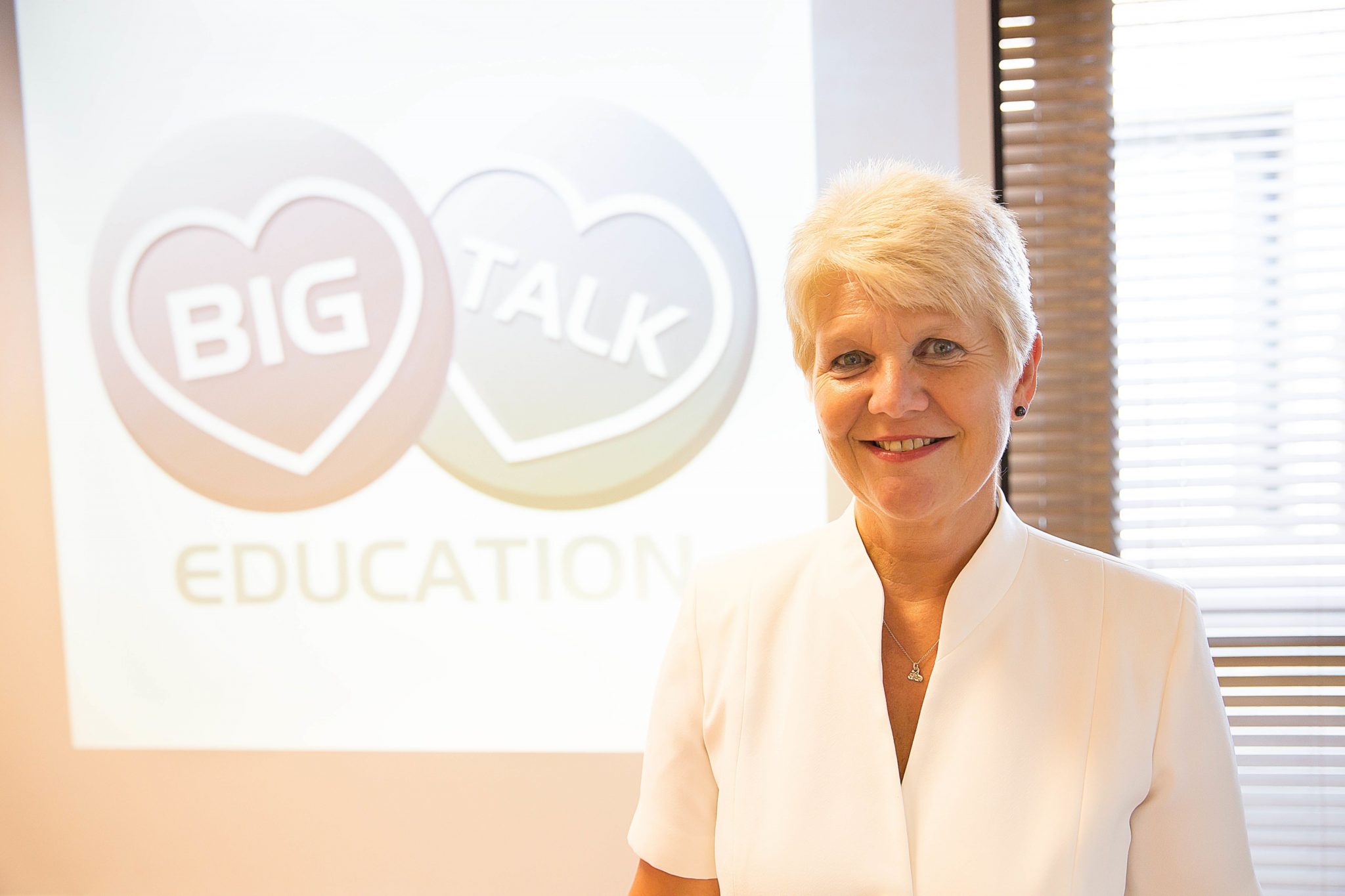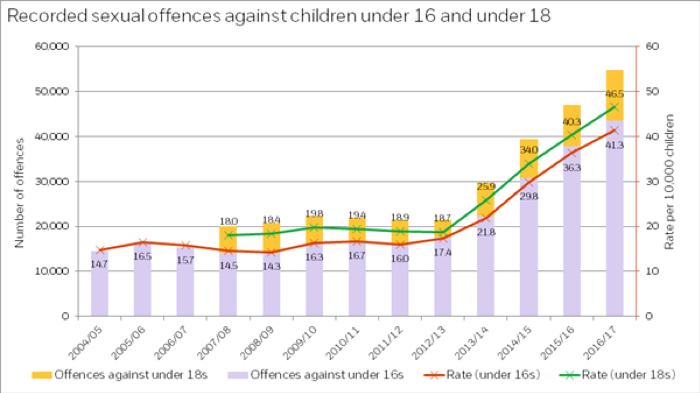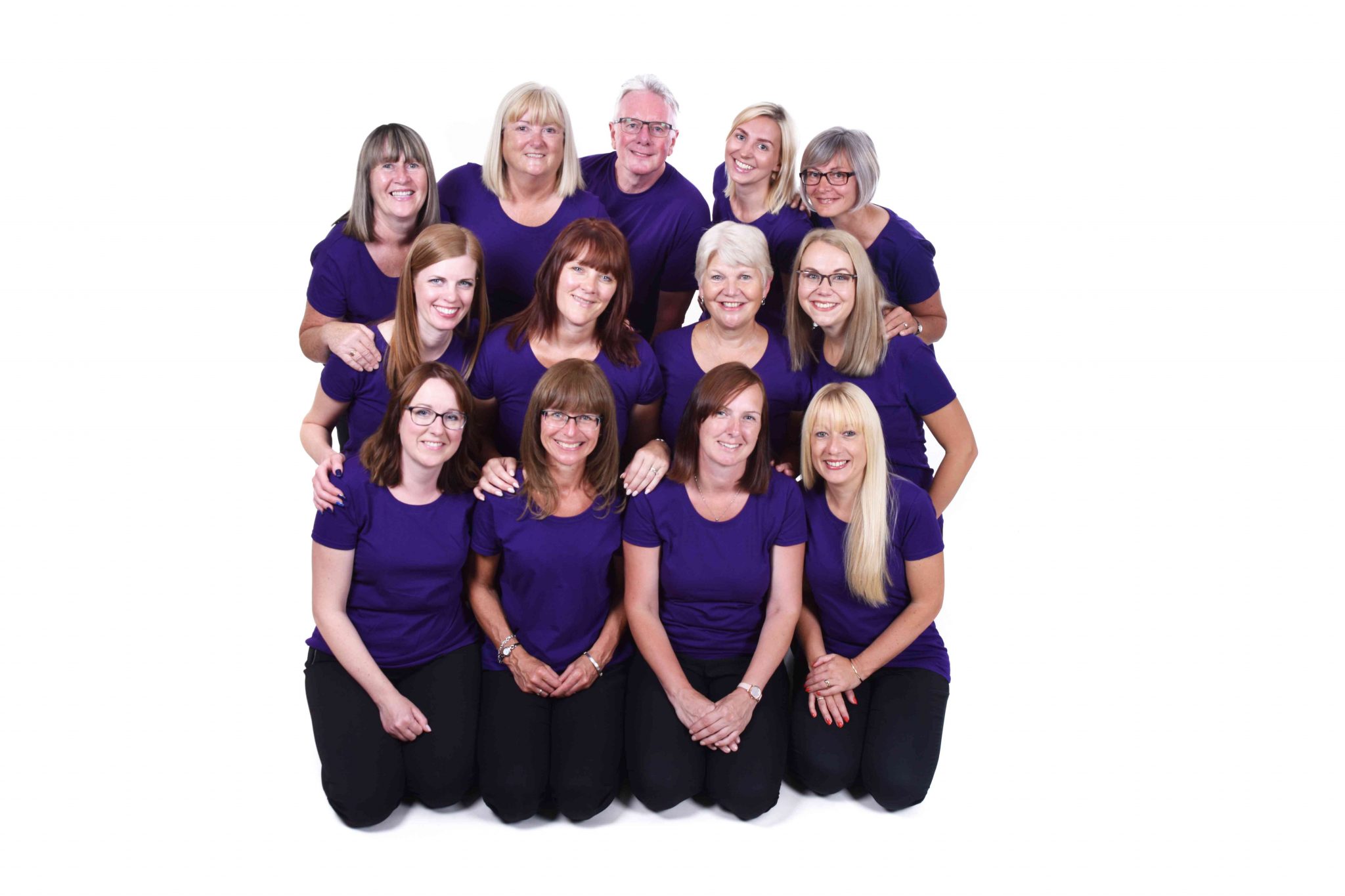Having delivered Relationships and Sex Education (RSE) for 20 years, working with pupils from age 3 to 18, as well as parents, carers and professionals, I have witnessed huge changes. With the rise of the internet and new communications technologies, there are constantly new ways that children and young people can be vulnerable to grooming, abuse and child sexual exploitation (CSE). But the rise of technology is not the only way in which I have observed change in the context of RSE.

I have been asked to write this article by the Sex Education Forum to highlight what the frontline effects of poverty are for children, young people and their families and how this relates to RSE. I’ve structured is as follows:
- Firstly, I will discuss the impact of poverty at home and its direct impact on the health, hygiene and general well-being of children and young people. This in some areas intersects directly with elements of the RSE curriculum whilst in others the connection is less clear, as the realities of poverty impact on young people’s personal relationships.
- Secondly, I will detail how delivery of RSE has had to change due to the increased poverty we have witnessed in schools.
- Finally, I will attempt to tackle the implications that the cuts and strains on services, have had on children, young people and their families.
Poverty in the home and its effects on health and hygiene
The team at BigTalk Education deliver in over 160 schools annually, many of which are in deprived areas, where it is not unusual to have as many as half of the pupils living in poverty (such as parts of Grimsby, Scunthorpe, Doncaster and Sheffield). The effects of poverty on health and hygiene often lead to children being bullied and ostracised, which has a distinct impact on the relationships they form during this critical time in a child’s development of interpersonal skills and understanding of healthy relationships.
At BigTalk Education we teach children about puberty in the last three years of primary school (Years 4, 5, 6).This is because it is important that they are told about these changes before they occur, as for children these can be frightening if they do not know what is happening to them – we come across girls starting their periods aged 8 years old and boys experiencing wet dreams from age 9. We are told regularly by teaching staff that they suspect that parents and carers are not providing menstrual products for some girls as they frequently use the school supply. In many of these communities, menstrual products are seen as non-essential and the girls are left to ‘manage’ with a daily provision from school. We also hear from our contacts in local food banks that access to menstrual products is a constant issue for girls in these communities. Frequently we are asked to remind girls of the need to change towels regularly as teachers and other pupils can smell the odour resulting from girls not changing them frequently enough because of the cost and limited availability.
The problem of adverse odours is not confined to menstrual products, as many children are not able to access clean clothes and PE kits or get a daily wash. Food banks in our immediate area of Yorkshire & Humber, are providing necessities beyond food, such as washing powder, deodorant and shower gel. We know that families cannot always afford to run the washing machine and have readily available hot water, so the children still go without basic levels of hygiene, especially in larger families.
Head lice are also a problem, many teachers have told us they are very worried about the children from low income families this year, as GPs are being advised not to give prescriptions for treatments and urging families to purchase over the counter remedies instead. This is not within the means of many people living hand-to-mouth on benefits, and therefore head lice go untreated. This can have a devastating effect on classroom friendships and peer groups, as bullying related to this common condition can be severe and long lasting.
Adapting RSE for children in poverty
As a team of thirteen specialist RSE facilitators we meet regularly to share our experiences and review our lesson content. Over the past few years we have made changes to our lessons due to the rise in poverty. Inclusivity is key in education so, for example we are always conscious not to assume that a child has a mum and dad at home. Due to poverty there are other assumptions that have gone out of the window.
We tell pupils that during puberty they will sweat and smell more due to the hormonal activity going on within their bodies. We cannot assume that children are able to get a daily wash, wear clean clothes or bring in PE kits to school. A daily bath or shower is sadly not the reality for many children. The team also teaches the children about wet dreams. It is not safe to assume that a child has pyjamas or even sheets on their bed, so we simply tell the boys to clean themselves with toilet tissue. When we explain about how the digestive system works, if we are in a morning class we cannot say ‘when you had breakfast this morning’, as the reality is that some children will not be eating until lunchtime, and numerous teachers confirm this to us. We have to choose our words carefully to be inclusive.
Within our primary school programme, we work with children in an age appropriate manner to educate them about the dangers of grooming, such as being manipulated to provide self generated images (sexting/nudes). We find that when posed with questions around bribery, pupils in areas with high levels of deprivation can have real internal conflict. We have to reinforce that risk taking is not worth the short-term gain of money or the material goods they are lacking. But it is clear that poverty will always make a child or young person more vulnerable to grooming, abuse and exploitation through bribery.
Cuts and strains on services for children, young people and their families
Youth service spending by local authorities in England is down by a third compared with three years ago, according to figures for the Department for Education (DofE). The reduction of £206m has impacted youth clubs, after school clubs and teenage pregnancy advice services alike.
Cuts to youth centres mean that children are much less likely to be socialising with the supervision of a qualified youth worker. I started my career in youth work where I was able to help young people develop positive friendships, facilitate good communication and learn conflict resolution. I was also there for them as a trusted adult outside of school. They could come to me with questions about anything but often it was about their relationships and sometimes sex. Having someone there to help a young person identify if they are in an abusive relationship and facilitate them getting help is something I view as a necessary occupation, but unfortunately is no longer seen as a priority.
With the reduction in sexual health services many young people now do not have access to condoms, contraception and local advice centres. For young people in poverty travelling to a sexual health clinic is not within their means as the bus or train fare is often too expensive. The result of this may well impact on teenage pregnancy and STIs figures in the years to come.
The cuts to children centres and their budgets has reduced support for families. BigTalk Education still do some work in children’s centres but the education provision to help parents speak to their children about sex and relationships is a fraction of what it once was.
Youth workers are not the only trusted adults that children and young people are losing. Communities are losing long serving teachers who know the catchment areas and their families, including the poverty levels, individual circumstances and the problems facing them. The loss and movement of highly experienced teaching staff makes it harder for schools to identify vulnerable children and any changes in behaviour that are indicators of CSE. We know that 1 in 3 children do not speak out about sexual abuse*, if this is happening at home, having a consistent relationship with a trusted adult in school is imperative.
In September 2020 Relationship & Sex Education will be statutory in the UK and the burden of this will automatically fall on existing teachers. Training is vital to ensure quality provision, but many teachers who were given training in RSE as part of the 10 year Teenage Pregnancy Strategy have now left the profession.
Teaching sex education cannot be an ‘add on’. Without adequate training and experience it is both unfair and unrealistic to ask already stretched and strained teachers to pick up this incredibly broad subject matter. Since March 2017, when the Children and Social Work Act was passed making RSE statutory, not a penny has been committed from Government for training. The cost of providing cover is also holding teachers back from attending training events even when the training itself is free of charge. At BigTalk Education we deliver 27 different lessons all designed to be age appropriate and dealing with a huge range of sensitive subject matter, including reproduction, pornography, contraception, abortion, sexuality, gender, body image, abuse and relationship breakdown to name but a few. All have a huge range of possible questions that may be asked by the students.
In addition to grasping the subject matter, a good quality sex education programme engages parents, and this can be particularly challenging for some teaching staff. In areas of high deprivation this can be a challenging prospect for a school, for example, parents may not be in a position to attend meetings after school or to read a letter sent home about RSE. Teachers need to have an ongoing relationship with parents so talking to them about relationships and sex can be daunting and tricky, however a specialist RSE facilitator can support and lead if required in that situation.
A skilled professional will be able to tailor answers to RSE questions appropriate to age, knowledge level and ability, including working with those with SEND and on the autism spectrum. Understanding the trends, terms and language used by children and young people is imperative and that is continually changing. For all these reasons many schools choose to use a specialist such as BigTalk Education to help guide them in their programme of RSE. This offers CPD training opportunities for teaching staff, parental engagement and the delivery to pupils, however this doubles back to questions of budgets which we know are at breaking point.

I would like to see Government and MPs ensure that we use the evidence and statistics we have to ensure that schools do have the funding they need to provide high quality RSE. It is not just another school subject or an add-on to a biology lesson, it should be recognised as a core safeguarding requirement that is a priority for all, regardless of postcode or socio-economic background. Children in poverty are particularly at risk, we should support them, their families and the entire school community to have healthy, happy and safe relationships.
*Radford, L. et al (2011) Child abuse and neglect in the UK today.
†Bentley, H. et al (2018) How safe are our children? The most comprehensive overview of child protection in the UK 2018.
±Hackett, S. (2014) Children and young people with harmful sexual behaviours.
About Lynnette Smith
MD & Founder
Lynnette Smith is the MD and Founder of BigTalk Education, she is also the Chair of the National Children’s Bureau’s Sex Education Forum Advisory Group.
Lynnette has a background in Youth & Community Work; she is also a qualified Teacher, Trainer and Specialist Relationship & Sex Education Trainer having worked in the field of SRE since the early ’90s. She has worked for several Authorities in the Yorkshire and Humber Region before setting up BigTalk Education in 2005.
The Big Talk Education Team
The Team (in different forms) has been in operation since 1996 and now consists of 14 fully trained Staff who deliver the many aspects of RSE. All our Staff have advanced DBS clearance, are covered by full insurance and have all received appropriate Health and Safety training. Big Talk Education is CHAS registered; we are affiliated to the Sex Education Forum. To find out about the rest of the team see our team page.





